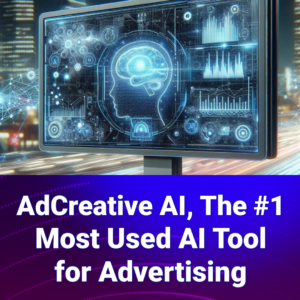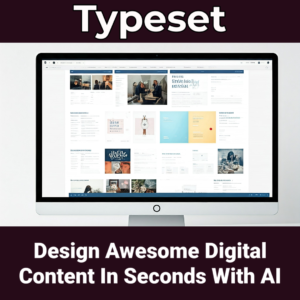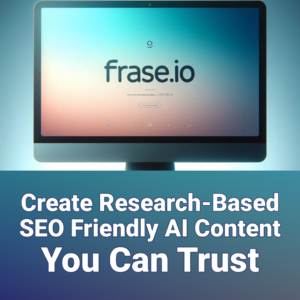Artificial intelligence has evolved through distinct phases, each marked by unique capabilities. Initially, AI systems focused on data-driven predictions. This was followed by advancements in content generation.
Now, the emergence of agentic AI signifies a fundamental shift in how AI is utilized in the workplace. This new wave introduces AI agents capable of performing complex tasks autonomously, representing a significant departure from previous iterations.
So, What is Agentic AI?
Agentic AI is characterized by its ability to perform tasks independently, making decisions without human intervention. This wave of AI is not merely an enhancement of previous capabilities but a transformative force that redefines AI’s potential in business settings. Unlike its predecessors, agentic AI offers unprecedented opportunities for efficiency and innovation through its autonomous decision-making capabilities.
The Impact of Agentic AI on Business Operations, Real or Imagined?
Agentic AI brings a new level of autonomy to decision-making, allowing AI agents to execute tasks independently. This capability is poised to enhance efficiency and drive innovation across various industries.
Autonomous Decision-Making in AI
AI agents are equipped to handle complex tasks, from managing supply chains to optimizing marketing strategies. These agents can analyze data, make informed decisions, and execute actions without human oversight, leading to streamlined business processes and increased productivity. The ability of agentic AI to operate independently allows businesses to focus on strategic initiatives, thereby enhancing overall operational efficiency.
Enhancing Efficiency and Innovation
By automating routine tasks and providing insights for strategic decisions, agentic AI enables businesses to focus on innovation. This shift not only improves operational efficiency but also opens new avenues for growth and development. The integration of agentic AI into business operations allows for the optimization of resources and the acceleration of innovation cycles, providing a competitive edge in the marketplace.
Transforming the Workplace with Agentic AI
The integration of agentic AI into the workplace is redefining roles and responsibilities, creating new opportunities for collaboration between humans and AI.
Redefining Roles and Responsibilities
As AI takes on more complex tasks, the nature of work is changing. Employees are transitioning from task execution to strategic roles, where they collaborate with AI to achieve business objectives. This shift necessitates a reevaluation of job roles and responsibilities, as well as the development of new skills to effectively collaborate with AI systems.
Challenges and Considerations
Despite its potential, the adoption of agentic AI presents challenges, including ethical and security concerns. Businesses must address these issues and prepare their workforce for the changes brought by AI integration. Ensuring data privacy and security, as well as addressing ethical considerations, are critical to the successful implementation of agentic AI in the workplace.
Case Studies and Real-World Applications
Several industries have already begun to harness the power of agentic AI, showcasing its potential through successful implementations.
Success Stories from Various Industries
In marketing and sales, agentic AI is used to personalize customer experiences and optimize campaigns. In healthcare, it assists in diagnostics and patient management, while in finance, it enhances risk assessment and fraud detection. These applications demonstrate the versatility and effectiveness of agentic AI across different sectors, highlighting its potential to drive significant improvements in business outcomes.
Lessons Learned from Early Adopters
Early adopters of agentic AI have faced challenges in implementation but have also reaped significant benefits. These experiences provide valuable insights for other businesses looking to integrate AI into their operations. Understanding the challenges and successes of early adopters can guide businesses in developing effective strategies for AI integration, ensuring a smooth transition and maximizing the benefits of agentic AI.
The Future of Work with Agentic AI
As agentic AI continues to evolve, it will shape the future of work, influencing trends and setting new standards for business operations.
Predictions and Trends
The development of AI is expected to continue, with advancements in machine learning and data processing leading to even more sophisticated AI systems. These trends will have long-term implications for businesses, requiring them to adapt and innovate continuously. Staying abreast of these trends and understanding their potential impact is crucial for businesses seeking to maintain a competitive edge in the rapidly evolving landscape.
Strategies for Embracing Agentic AI
To fully leverage the potential of agentic AI, businesses must build an AI-ready culture, invest in education and training, and develop strategies for seamless AI integration. Creating an environment that supports AI adoption and fosters collaboration between humans and AI is essential for maximizing the benefits of agentic AI and ensuring its successful implementation in the workplace.












